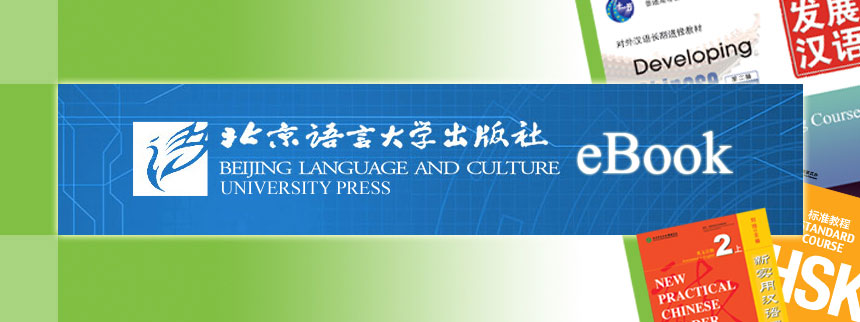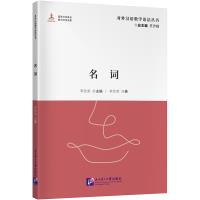Online Bookstore
Nouns
Author:Li Jingrong
- Medium:Books
- ISBN: 9787561966228
- Page Count: 151
- Size:
- Pub Date:2024-06
- The book weight: 311 g
- Annotation Language:
- Course:Non-textbook
- Target Audience(Age):
- Target Audience(Language):
- The Series: Series of Teaching Foreigners Chinese Grammar
- Subject Zone: Series of Teaching Foreigners Chinese Grammar
- Price:
-
Category: Teacher Development >Professional Knowledge
Academic Research














